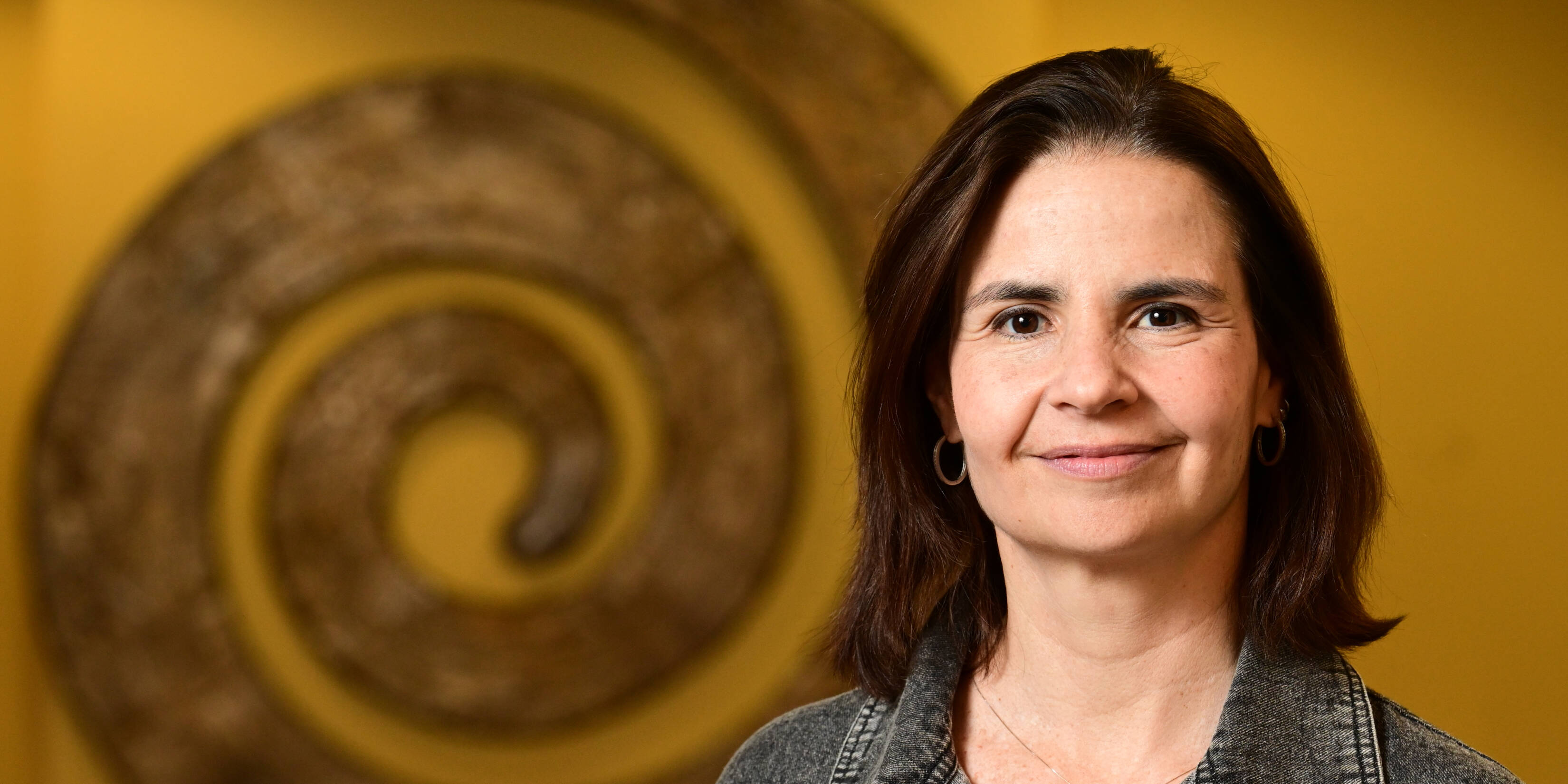Marina Caskey, M.D.
Professor of Clinical Investigation
- Laboratory of Molecular Immunology
Caskey’s work focuses on the development and clinical evaluation of novel immunotherapeutic strategies against infectious diseases, with a special emphasis on HIV. Despite the success of combination antiretroviral therapy in suppressing viral replication and preventing disease progression, HIV incidence remains high, and current treatment modalities do not eradicate the infection. A new generation of highly potent, broadly neutralizing antibodies may represent a novel strategy to combat HIV infection, potentially providing long-term control of infection, prevention of new infections, and guidance for vaccine development. Caskey has led a series of early-phase clinical studies to evaluate the safety and efficacy of broadly neutralizing anti-HIV antibodies. These antibodies were isolated and characterized from patient blood cells by sophisticated cloning methods developed in the laboratory of Michel C. Nussenzweig. Caskey’s studies have revitalized this area of HIV research, which had been abandoned after first-generation antibodies failed to show significant effects in humans. Broadly neutralizing antibodies are now considered one of the most promising strategies to achieve HIV remission, as well as potential alternatives to antiretrovirals for both therapy and prevention. These studies have shaped this new area of research and several groups in the US and abroad are now studying the antiviral and immune modifying effects of these molecules in combination with other strategies.
Caskey has recently extended her focus to the novel SARS-CoV-2 coronavirus and is working to discover and characterize broadly neutralizing antibodies effective against COVID-19.
Caskey is also an attending physician in infectious diseases at Weill Cornell Medicine and a member of the American Society of Clinical Investigation.
